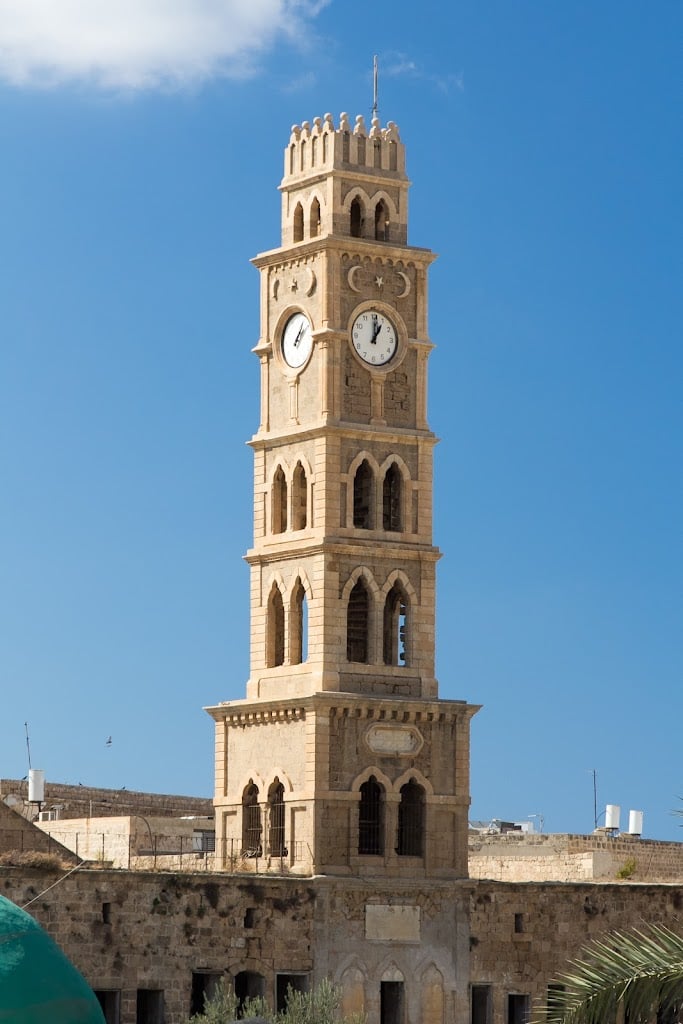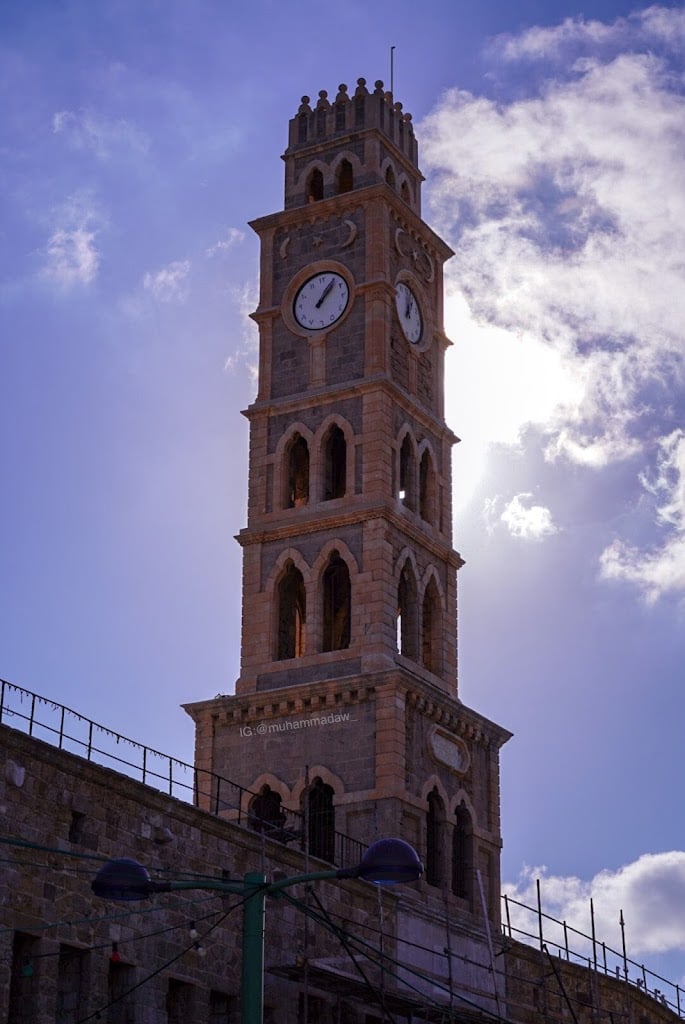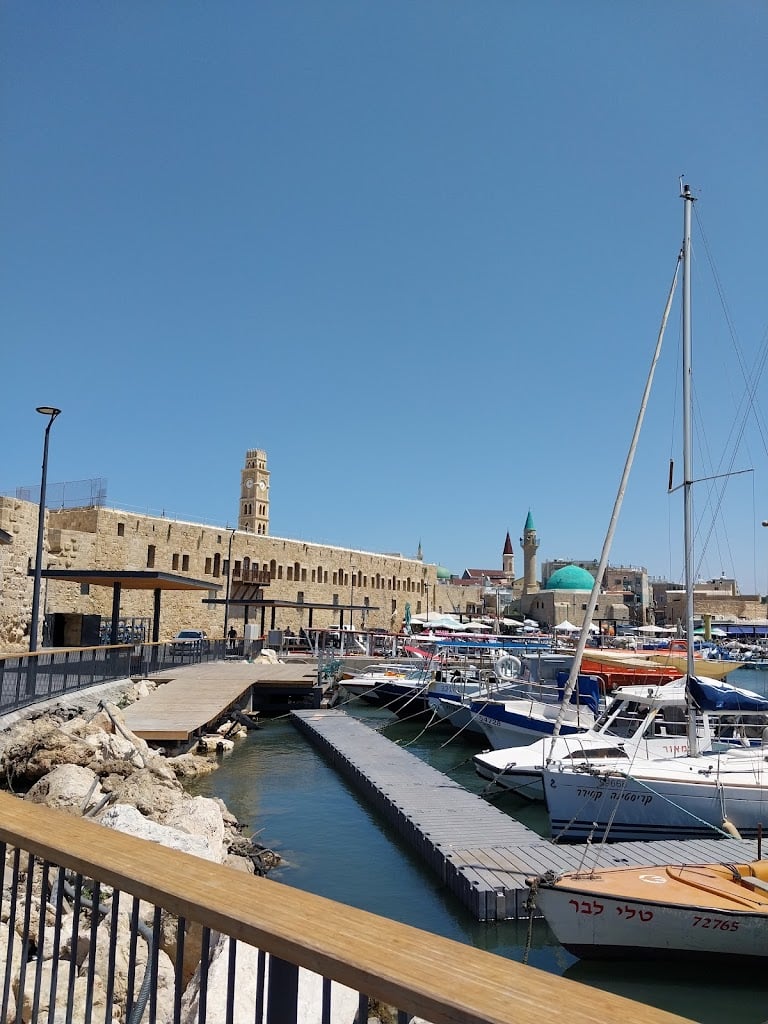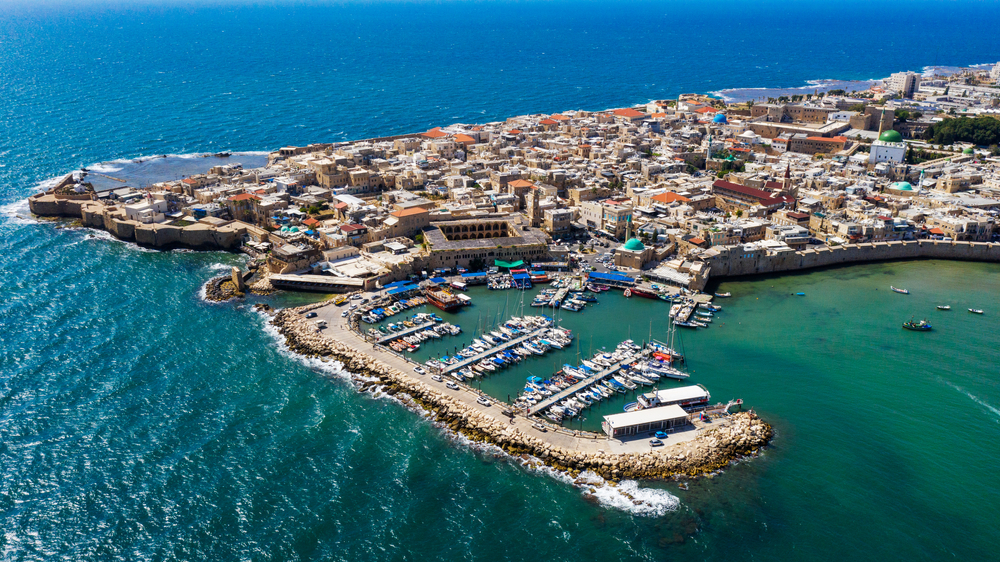Ottoman’s Clock Tower



Ask ThatchGPT
Suggest a local expert to plan my trip
Suggest an unique itinerary for my Israel trip
What foods do Israel locals eat
What are some true hidden gems in Israel
Help me brainstorm trip ideas for Israel
Help me plan a family-friendly trip to Israel
What people say
Mark Fedoronko
Available for hire
"The Ottoman clock tower (very similar to the one in the Jaffa area of Tel Aviv) serves as a great landmark to see the small boats of the port and an impressive historic site: the Khan al-Umdan (also known as the Khan of the Pillars). Built by The Butcher (see the mosque above) as an inn for merchants traveling through Akko, there are incredibly intimidating pillars throughout the inside. These pillars were built with stone looted from the ruins of Caesarea further south. While you cannot enter and the site is abandoned, there should be an entrance doorway you can peak through - the view is worth just the small peak! "
Read more in:
Mentioned in these guides
About Ottoman’s Clock Tower
Get the inside scoop on Ottoman’s Clock Tower from local experts, travel creators, and tastemakers. Browse genuine trip notes, Ottoman’s Clock Tower reviews, photos, travel guides, and itineraries from real travelers and plan your trip with confidence.
Address
Save this spot for later or start mapping out a new trip today
Try our AI Travel Assistant and get instant answers to any questions about your trip.
Ask ThatchGPT
